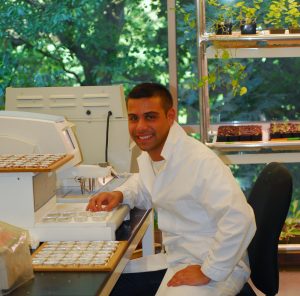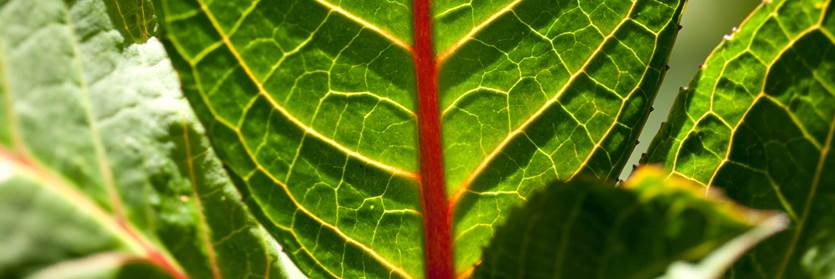NYBG Offers Opportunities to Master’s Students
Posted in NYBG Grad Students on July 15, 2016 by Lawrence Kelly
Lawrence M. Kelly, Ph.D., is Director of Graduate Studies at The New York Botanical Garden.

Like other scientific research and educational institutions across the country, The New York Botanical Garden has seen increased enrollment in its Master’s programs in recent years as more graduate students pursue non-Ph.D. advanced degrees in the sciences. While many Ph.D. students seek careers in research and academia, Master’s students are more often looking for training opportunities to prepare them for careers in business, industry, nonprofit organizations, and government agencies.
To ensure that we continue to offer a broad range of opportunities to graduate students in the plant sciences, we have responded to this demand by providing Master’s thesis opportunities to students through our affiliated universities. Yale University’s School of Forestry and Environmental Studies offers four Master’s degrees, as does New York University, including one focused on bioinformatics and systems biology, which is very relevant for students who want to gain expertise in biodiversity-related data management. Lehman College and City College of New York—both part of the City University of New York system—offer Master’s programs in biology. Columbia University confers a Master’s in conservation biology, while Fordham University has a Master’s in ecology.
In addition to providing a strong foundation in science, the programs offer research and internship experiences so students can hone the skills they need to succeed in their chosen careers.
When NYBG was founded in 1891 as a world-class scientific research institution, the creation of a program to educate graduate students in the plant sciences was among its primary initiatives. In the 120-year history of the Commodore Matthew Perry Graduate Studies Program, the Garden has produced more than 290 graduates. Just as students have adopted the most modern techniques and tools in their research projects over the years, the Garden’s graduate program has also evolved so we can place our graduates at the forefront of biodiversity science and global conservation efforts.
You can learn more about the Garden’s Graduate Studies Program here.

